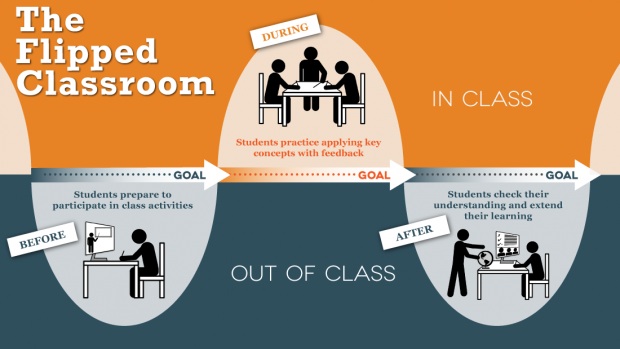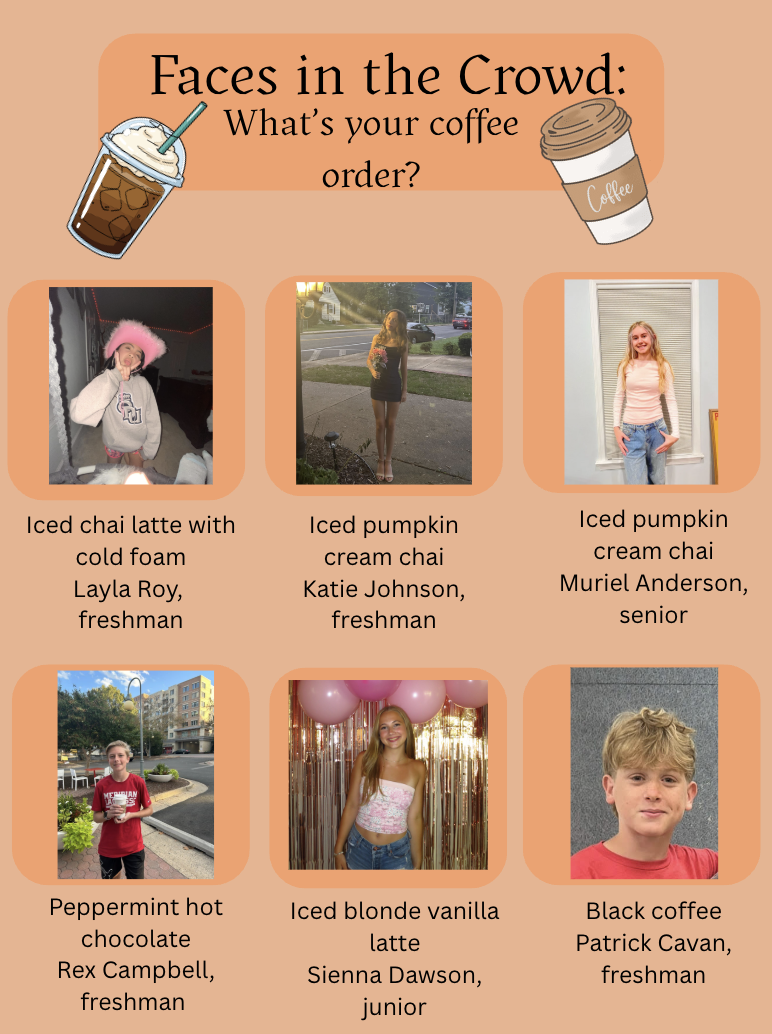A flipped classroom is a class in which the lessons are embedded inside online videos for people to watch at home, so that class time can be devoted to problem sets or labs.
Some classes at George Mason High School use the flipped classroom model either partly or entirely. Teachers spell out the benefits, whereas a portion of the students oppose it. They cite, most notably, the lack of opportunity to ask questions during the videos.
Sam Stern, a junior?who takes IB Physics said, ??Being able to ask questions during lectures is valuable.??
Douglas Bossart, a junior and classmate of Stern, said, ??I think it is working because we have more time in class, but we should do more review at the beginning of classes.??

Meanwhile, teachers enumerate the benefits such as more class time for problems and labs and more flexibility in class planning. This also avoids teachers having to spew definitions which can just as easily be copied down from videos, and they might be time savers for students as well. Harris pointed to one understated advantage:
??We used to get a lot of the kids who used to go home and work on the WebAssigns or practice problems, and they come in and say they spent 45 minutes on one problem,?? said GMHS science teacher Mr. Bryan Harris. With flipped classrooms, ??[Students] can ask questions as soon as they get stuck.??
Flipped classrooms are occasionally used in mathematics but mostly in science classes at higher levels. Courses in the IB sciences ask that students take one year in whichever science the student wants to pursue.
??People in IB should have a passing familiarity with the material […], so there??s less foundation work that has to be done,?? said Mark Sokolowski, who teaches IB Chemistry.
Most material in IB sciences is covered in non-IB?courses, albeit the content in IB is much more detailed, and it includes additional topics. That is why students in these courses have an easier time absorbing the lessons.
Ultimately, whether one will like flipped classrooms depends on his or her style of learning. Independent learners can come to love it, but those missing the interaction seem to dislike it.









